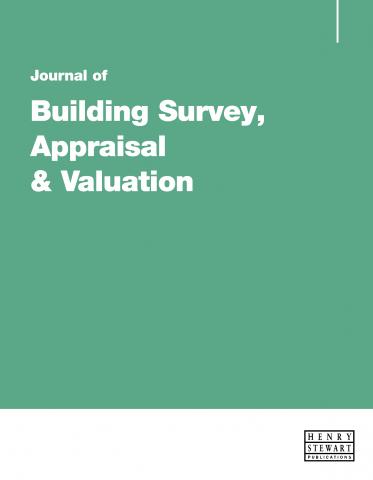"A valuable source of structured thinking for risk professionals throughout the financial sector. It enables risk teams to keep up to date with the latest analysis across all risk types and encourages cooperation and debate."
Interim repairs: Remedies and relief
Click the button below to download the full text of the article.
Abstract: Repair covenants are fertile ground for disputes, both during the term of the lease and on termination. This paper examines the significance of repair covenants in commercial leases during the lease term, and the allocation of responsibility to carry out works to a property in the event of disrepair. The primary focus is on the extent of a tenant’s repairing obligations under the terms of the lease. Relevant case law is considered, albeit, when considering the extent of a tenant’s contractual obligations, the question is usually fact-specific and can only be answered by taking into account all of the surrounding circumstances. If a tenant fails to comply with their covenants, the landlord has a number of potential remedies, ie to enforce compliance with the lease. This paper explores the range of options available and the circumstances in which they might be exercised. Some remedies (for example, forfeiture) require the taking of strict procedural steps, which can prove to be traps for the unwary. The paper also considers the ways in which a tenant could potentially obtain relief, ie in circumstances where the landlord takes action against them. These options, as well as a number of areas that are commonly contested and ripe for negotiation, are explored to provide guidance for both landlords and tenants.
Keywords: leases; interim repair covenants; remedies; forfeiture; self-help
Michael Duncan is an associate in the real estate disputes team at Burges Salmon LLP and a member of the Property Litigation Association. He acts for clients across all sectors on contentious and risk management issues relating to their real estate portfolios. His experience encompasses acting for commercial landlords and tenants, developers, institutional landowners and high-net-worth individuals. Michael regularly provides CPD training for surveyors and other property professionals.



